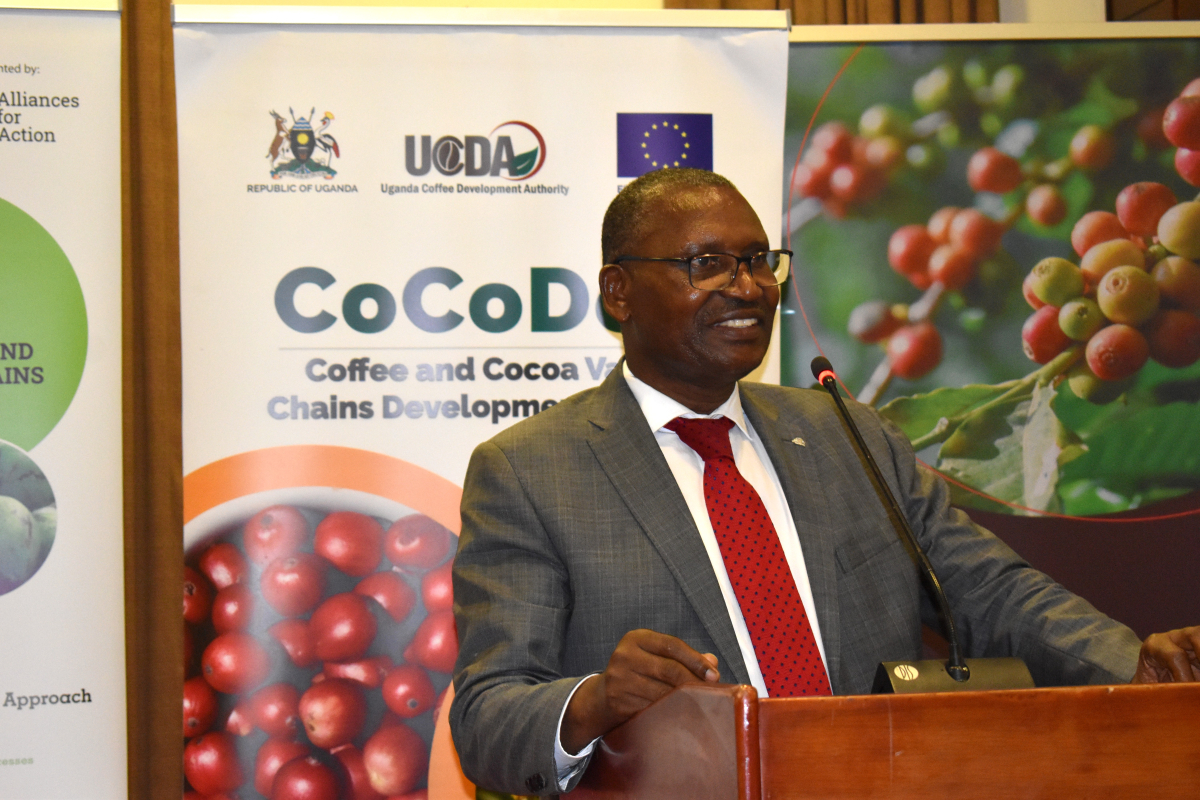The government is planning to invest 35 billion shillings in registering coffee farmers, partly to meet European Union (EU) market regulations. This initiative is crucial for complying with the EU’s deforestation-free agricultural production standards (EUDR).
The primary focus is the creation of a national coffee farmer register, a requirement set by the EU. According to legislation passed by the EU Parliament in December 2022, all coffee exported to the EU must originate from land that has not been forested for at least two years before the regulations, with enforcement beginning on January 1, 2025.
Dr. Immanuel Iyamulemye, managing director of the Uganda Coffee Development Authority (UCDA), explains that the National Coffee Register, established under the National Coffee Act of 2021, is a step towards developing a National Traceability System (NTS) that aligns with the EUDR.
The register will provide unique identifiers and geographic locations for all coffee farms. However, Dr. Iyamulemye notes that the registration will be phased due to budget constraints. “The exercise requires up to $9.15 million (35.6 billion shillings). The Ministry of Finance has pledged 13 billion shillings for the FY2024/2025 towards farmer registration and the NTS,” he said. Additional funding will be secured in subsequent years.
Currently, Uganda is implementing the Territorial Approach (TA) to expedite compliance with the EUDR deadline. This approach does not gather individual farmer details or trace their locations. Instead, it assumes that coffee production is not a primary cause of deforestation and uses high-resolution maps and artificial intelligence to identify all coffee growing areas, including those that are non-compliant.
Once areas of environmental degradation are addressed, the entire country will be deemed compliant. Dr. Iyamulemye adds, “We are currently negotiating with the EU to recognize the TA, given the tight deadline of December 21, 2024, for establishing the national register and NTS.”
He further explains that other coffee-producing nations like Vietnam, Ethiopia, Peru, Guatemala, and Tanzania are considering similar approaches to meet the compliance deadline.
“We need to demonstrate ongoing compliance efforts with EUDR standards. EU roasters value Ugandan coffee for its high quality, and it’s vital we maintain this market,” he emphasizes.
This effort is supported by voluntary certification and registration initiatives undertaken by private coffee companies for their contract farmers. Given that the EU accounts for 65 percent of Uganda’s coffee exports, UCDA emphasizes the importance of adhering to EU standards to sustain this critical market.


